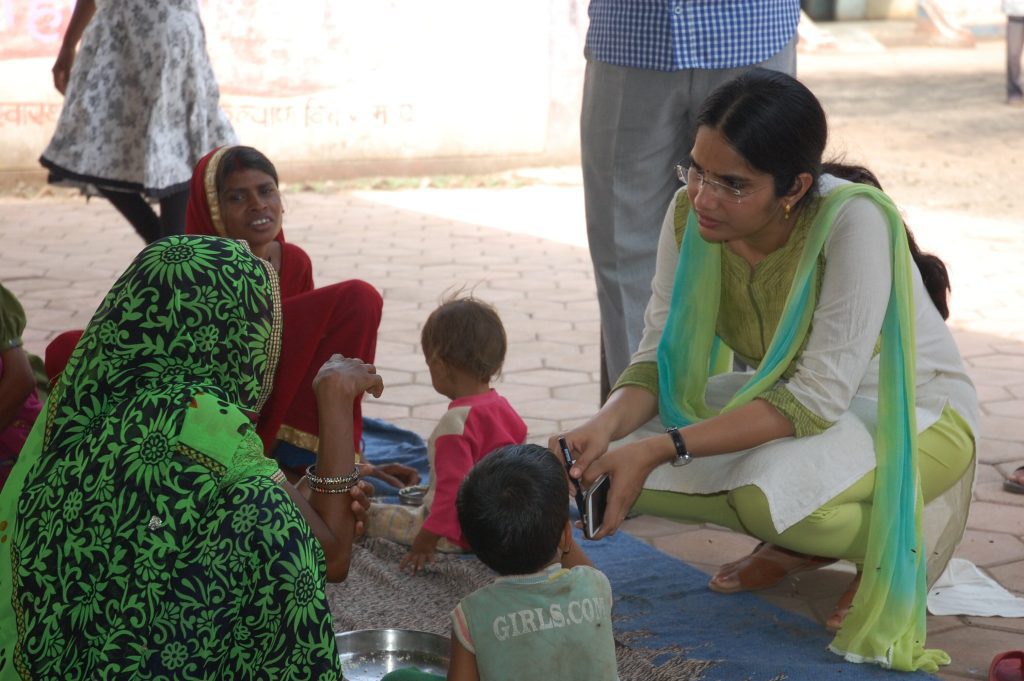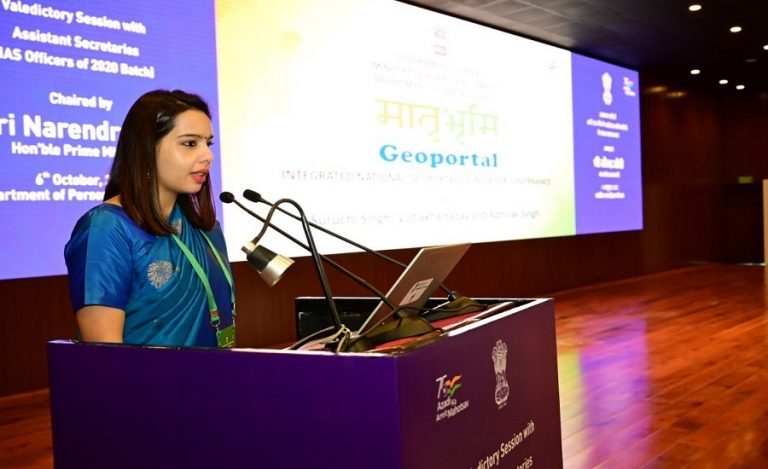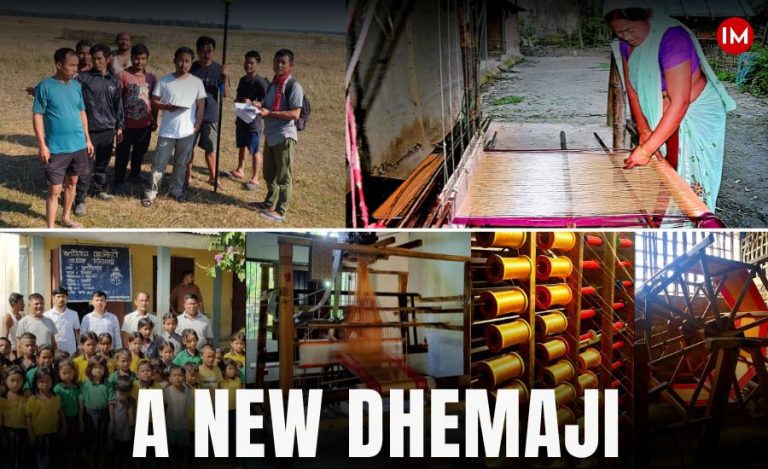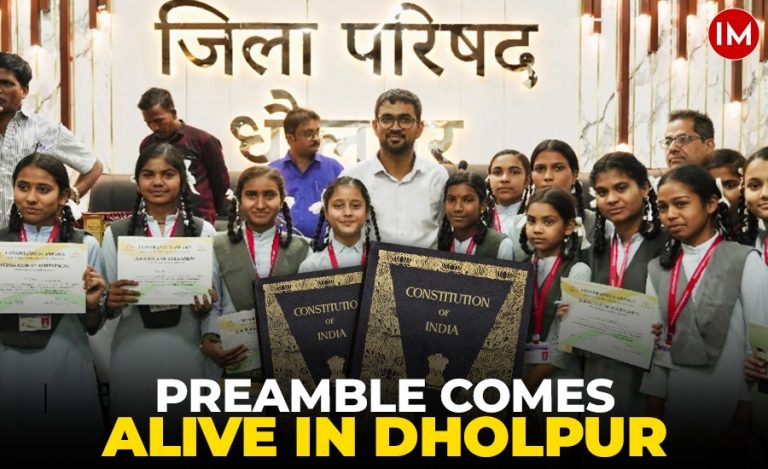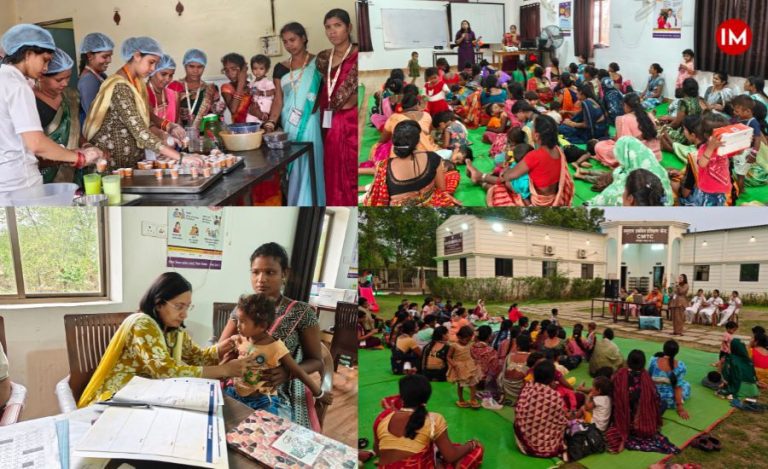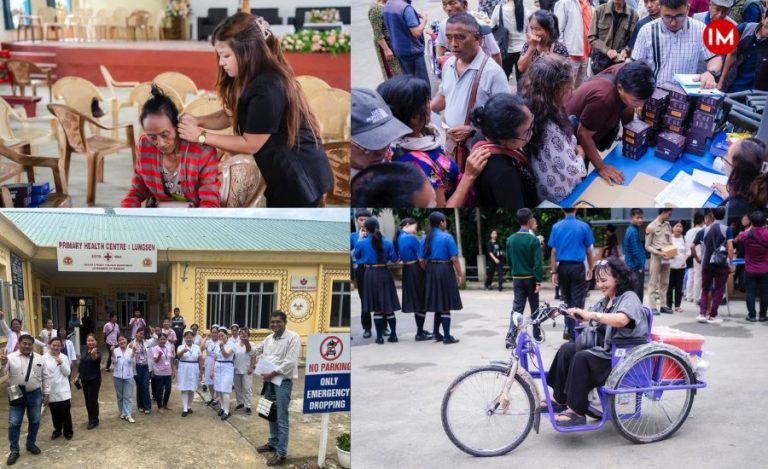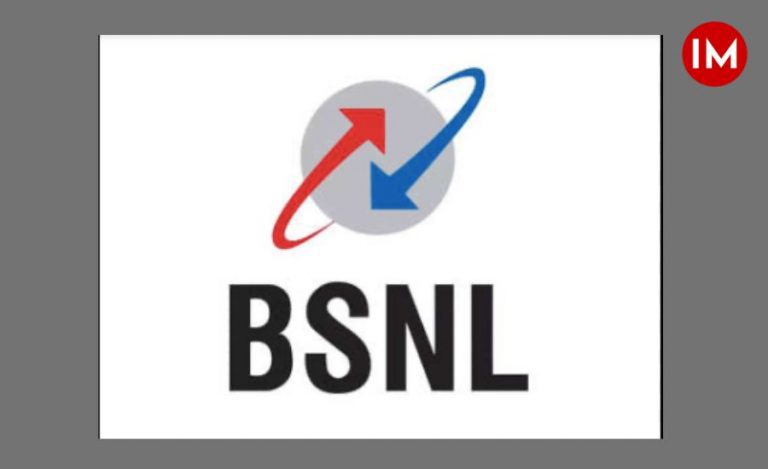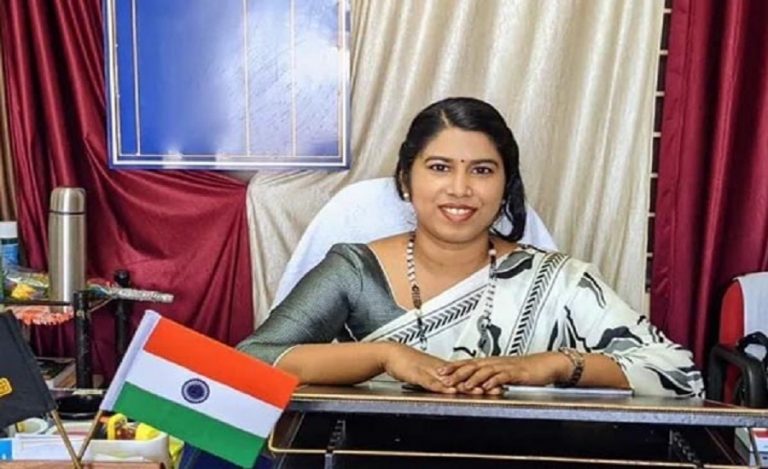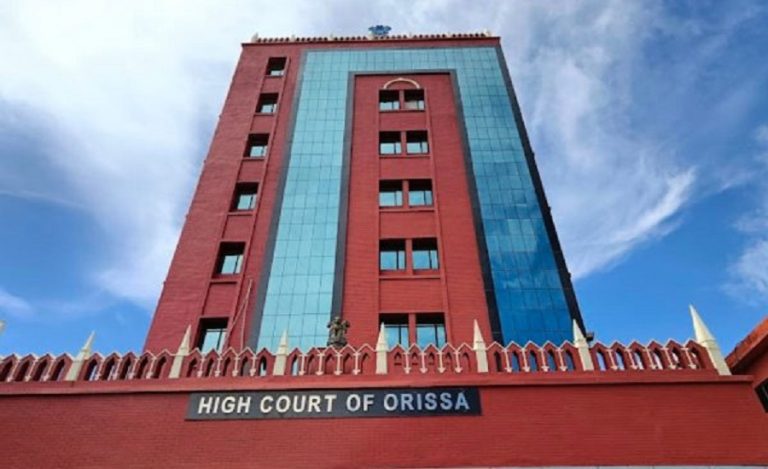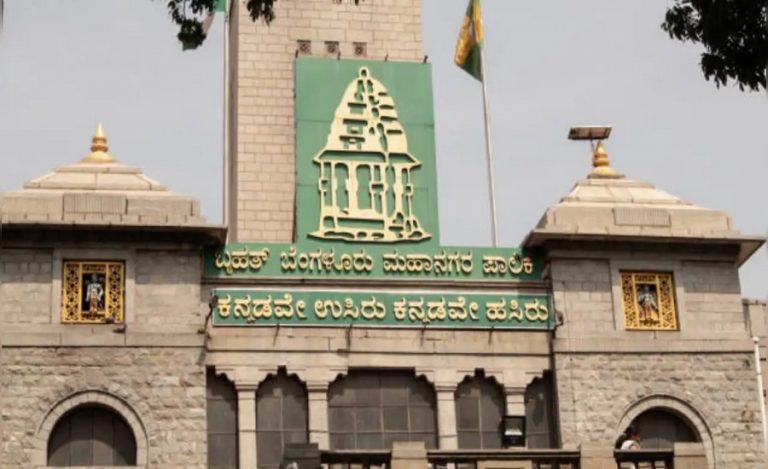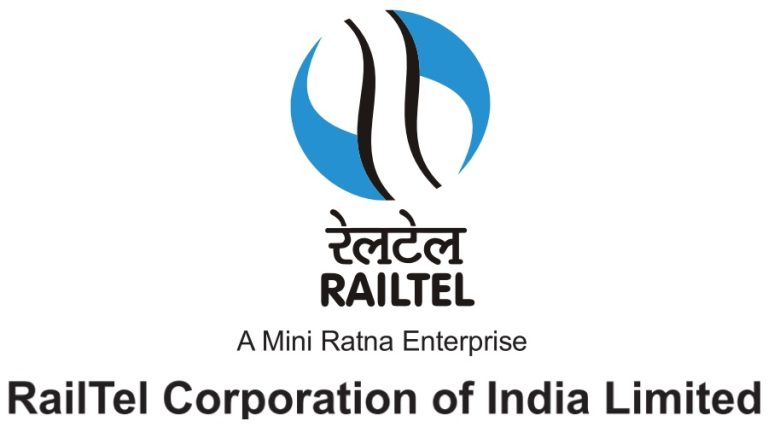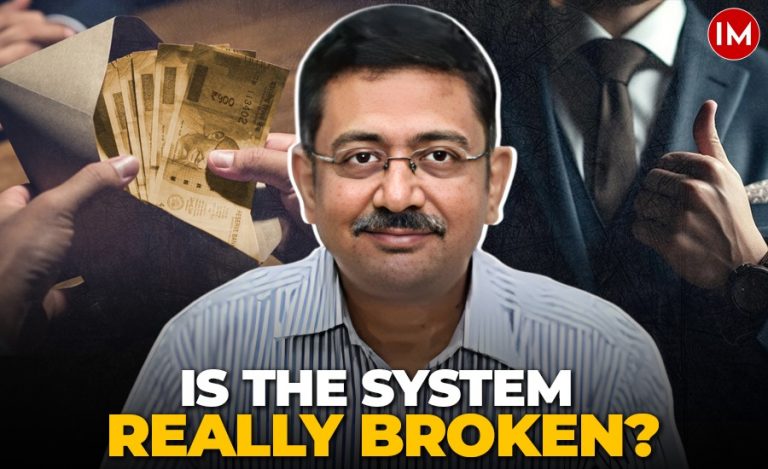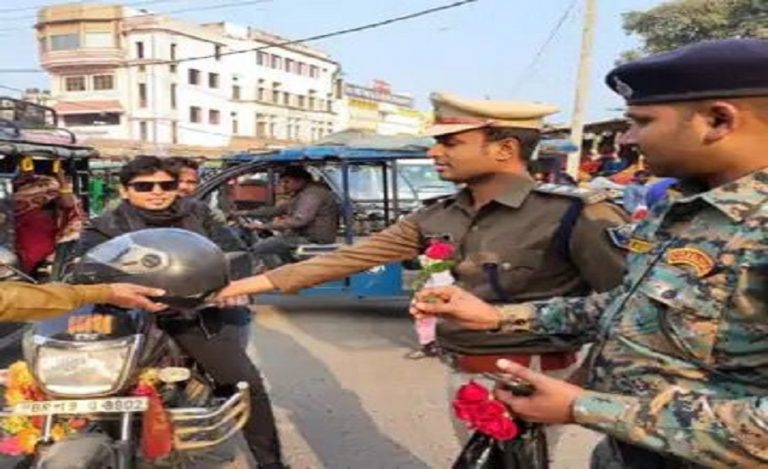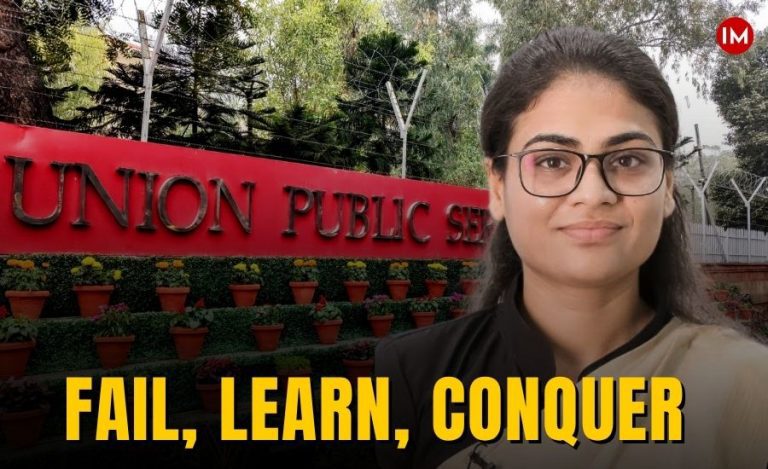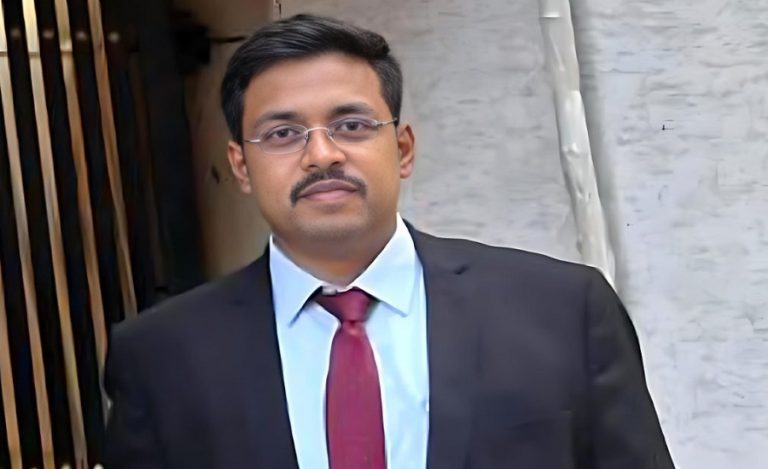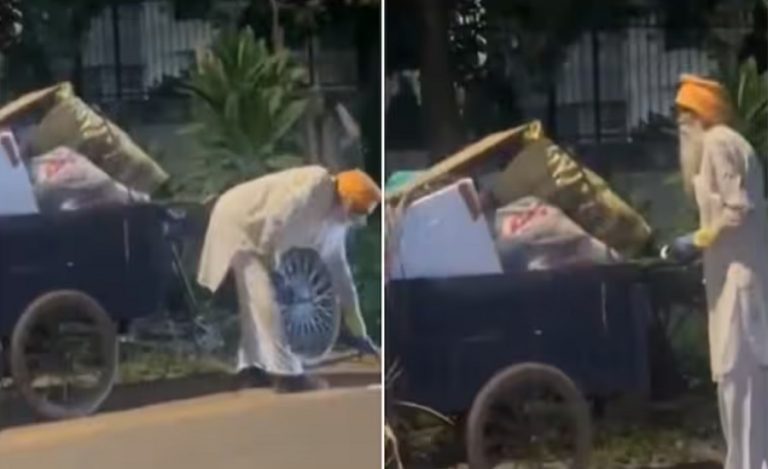Madhya Pradesh has been struggling with malnutrition for a long time now. In a recent National Family Health Survey, it has come to light that the number of severely malnourished children in the state is alarmingly high. Hence, providing proper nutritional diet to children has become a top priority and many programmes have been launched to take care of this. One such programme is Integrated Management of Acute Malnutrition (IMAM). In an exclusive interview with Indian Masterminds, Ex-Director, Women and Child Development, Madhya Pradesh, IAS officer Swati Meena Naik shared detailed information about the programme.
TACKLNG MALNUTRITION
Malnourishment does not start only after the child is born, it starts much before, when a child is in the mother’s womb. Hence, it depends largely on the health condition of the mother also, as well as socio-economic conditions of the family and food security.
Integrated Management of Acute Malnutrition (IMAM) is a programme to tackle acute malnutrition in families. This programme was started in the state in 2020. But the state government had actually started addressing malnutrition issues from 2017 itself with community-based intervention. With the help of UNICEF, it had started Community-based Management of Severe Acute Malnutrition (CSAM) in the Babai block of Haoshangabad district.
‘We felt that community involvement was needed as government addresses the issue through facility-based protocols. So, our very first approach was to strengthen community-based management,” said the officer.
The community-based management model enables volunteers from the community to identify and initiate treatment of children with acute malnutrition before they become seriously ill. According to Ms Naik, “Community involvement is the key for sustained change and development in a society.”
COVID CHALLENGES
The Covid 19 outbreak set off alarm bells in the state, as Lancet warned that there could be an increase in mortality among children. “Amid all these challenges, things had to be done. We didn’t have that much mobility, but with the hard work and dedication of our team, we pulled it off, revealed Ms. Naik. Still, there would have been better results if there was no Covid and the situation was normal, she added.
THE SAMPARK APP
Sampark is a mobile application developed by the Women and Child Development Department. The application records detailed information regarding the nutritional status of severely malnourished and moderately malnourished children, the services provided to them, and the socio-economic condition of their families.
“We never had case-wise analysis, but now with the help of Sampark application, it has become easier for the Anganwadi workers to feed the details of the cases in official records,” the officer told Indian Masterminds. The application is user friendly, hence easy for Anganwadi workers to fill in the details through their mobile phones.
INNOVATIVE MEASURES
With the help of AIIMS Bhopal and UNICEF, the IMAM programme developed 10 protocols for Anganwadi workers to further the plan to involve these workers in the management and prevention of malnutrition. “There is a provision in the National Food Security Act to form communities at the local level. So, we made ‘Matru Sahyogini Samiti’ (Mothers Cooperation Committee) and provided training to the members to ensure better monitoring of the services provided by Anganwadi workers,” Ms Naik informed.
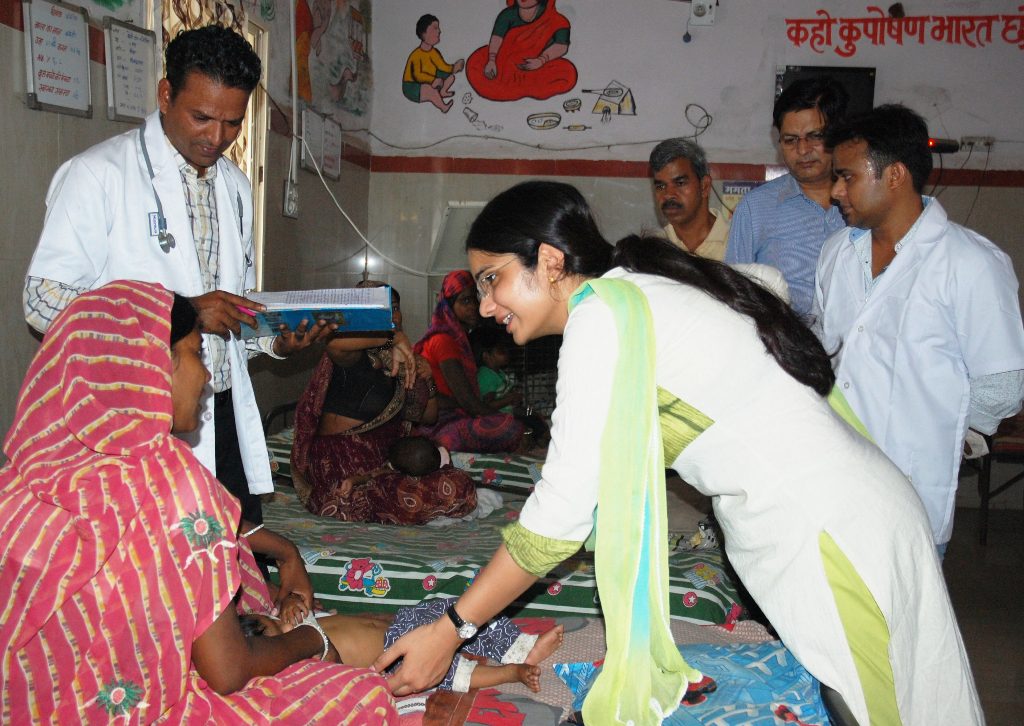
Many other initiatives under IMAM, like ‘Poshan Matka’ (food inputs for pregnant ladies) and ‘Annapurna Panchayat’ (joint efforts of the family and community to bring malnourished children to the normal nutritional level), are currently operational in the state.
PROGRESS REPORT
On being asked about the success rate of the IMAM programme, Ms. Naik replied that malnutrition is a decade-old problem, hence it will take time for it to be eradicated completely from the society. “However, there is a recovery rate of 30-40 per cent. We should have patience and establish systems so strong that things start moving in a positive direction,” she added.

